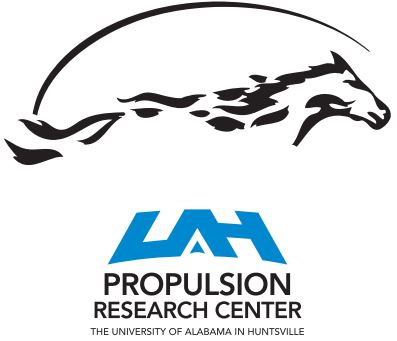Data-driven CFD scaling of bioinspired Mars flight vehicles for hover
Source
UAH PRC Research Database
Document Type
Article
Publication Title
Acta Astronautica
Abstract
One way to improve our model of Mars is through aerial sampling and surveillance, which could provide information to augment the observations made by ground-based exploration and satellite imagery. Flight in the challenging ultra-low-density Martian environment can be achieved with properly scaled bioinspired flapping wing vehicle configurations that utilize the same high lift producing mechanisms that are employed by insects on Earth. Through dynamic scaling of wings and kinematics, we investigate the ability to generate solutions for a broad range of flapping wing flight vehicles with masses ranging from insects O(10−3) kg to the Mars helicopter Ingenuity O(100) kg. A scaling method based on a neural-network trained on 3D Navier-Stokes solutions is proposed to determine approximate wing size and kinematic values that generate bioinspired hover solutions. We demonstrate that a family of solutions exists for designs that range from 1 to 1000 g, which are verified and examined using a 3D Navier-Stokes solver. Our results reveal that unsteady lift enhancement mechanisms, such as delayed stall and rotational lift, are present in the bioinspired solutions for the scaled vehicles hovering in Martian conditions. These hovering vehicles exhibit payloads of up to 1 kg and flight times on the order of 100 min when considering the respective limiting cases of the vehicle mass being comprised entirely of payload or entirely of a battery and neglecting any transmission inefficiencies. This method can help to develop a range of Martian flying vehicle designs with mission viable payloads, range, and endurance.
First Page
545
Last Page
559
DOI
https://doi.org/10.1016/j.actaastro.2020.12.037
Publication Date
3-1-2021
Recommended Citation
Pohly, Jeremy A.; Kang, Chang-Kwon; Landrum, Brian D.; Bluman, James E.; and Aono, Hikaru, "Data-driven CFD scaling of bioinspired Mars flight vehicles for hover" (2021). PRC-Affiliated Research. 40.
https://louis.uah.edu/prc-research/40


